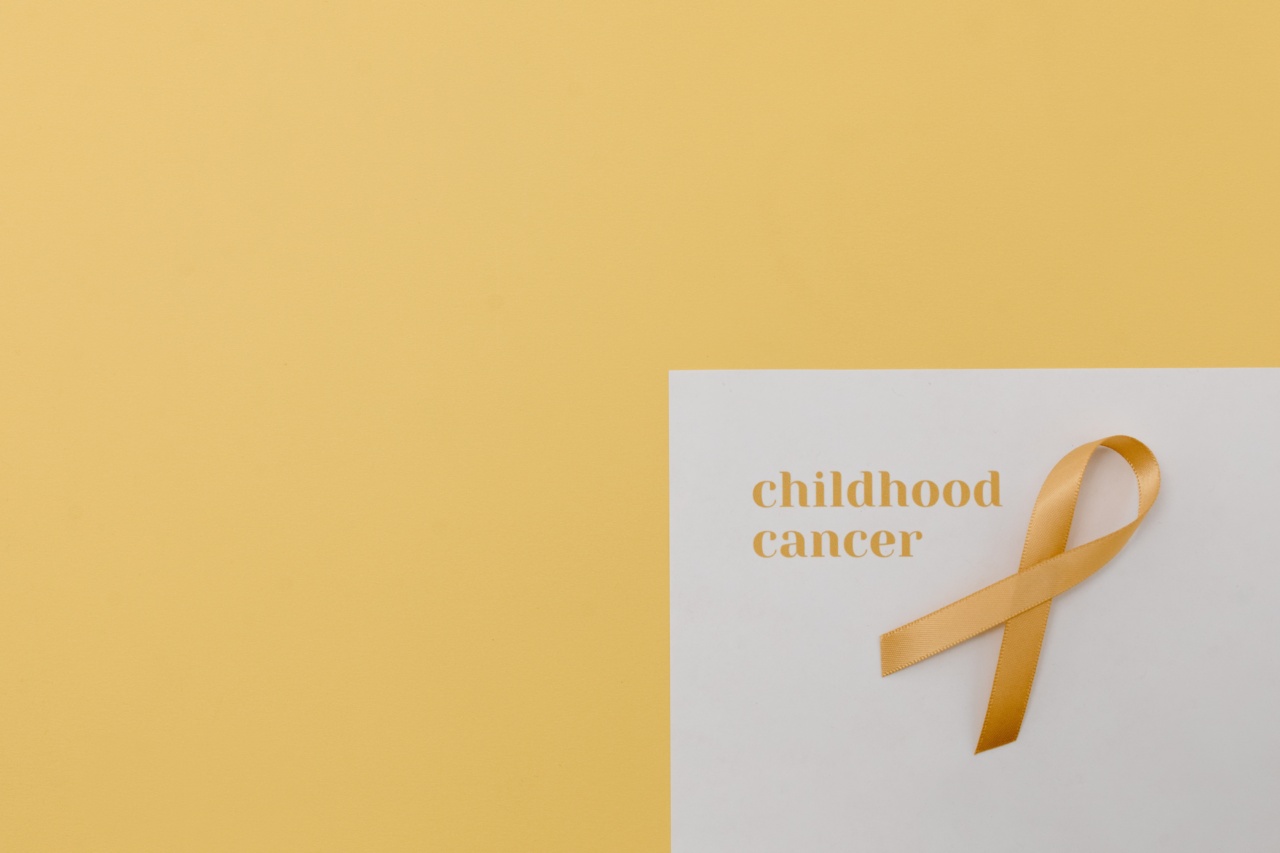Childhood sicknesses and diseases can have a significant impact on a child’s health and development. One potential consequence of certain illnesses is hearing loss.
While not all childhood illnesses lead to hearing loss, it is important for parents and caregivers to be aware of the potential risks and take appropriate measures to protect their child’s hearing. In this article, we will explore the links between childhood sickness and hearing loss and discuss preventive measures and treatment options.
The Impact of Ear Infections on Hearing
Ear infections, also known as otitis media, are one of the most common childhood illnesses. They occur when the middle ear becomes inflamed and fluid builds up behind the eardrum.
While most ear infections resolve on their own or with medical treatment, repeated or chronic ear infections can contribute to hearing loss.
When the middle ear is infected, fluid buildup can interfere with the normal vibration of the eardrum and the tiny bones in the middle ear. This disruption affects sound transmission and can result in temporary or permanent hearing loss.
Children who experience frequent ear infections may require treatment with antibiotics or surgical intervention to prevent long-term hearing loss.
The Role of Measles, Mumps, and Rubella in Hearing Loss
Measles, mumps, and rubella are viral infections that can cause severe complications, including hearing loss.
While these diseases have become less common due to widespread immunization, outbreaks can still occur in communities with low vaccination rates.
Measles, in particular, has been associated with an increased risk of hearing loss.
The virus can invade the inner ear, causing inflammation and damage to the cochlea, which is the crucial part of the ear responsible for converting sound vibrations into electrical signals for the brain to process. If the cochlea is affected, permanent hearing loss may occur.
Mumps, another contagious viral infection, can also lead to hearing loss. Approximately 5-15% of mumps cases result in swelling of the brain or the lining of the brain, which can cause damage to the nerves responsible for hearing.
Individuals who have had mumps are at an increased risk of developing sudden hearing loss later in life.
The Connection Between Meningitis and Hearing Loss
Meningitis is an infection that causes inflammation of the membranes surrounding the brain and spinal cord. Bacterial meningitis, in particular, can have devastating consequences, including hearing loss.
While the infection itself can be life-threatening, the associated hearing loss can significantly impact a child’s quality of life.
Several studies have shown that nearly 10-30% of survivors of bacterial meningitis experience permanent hearing loss or other auditory complications. The infection can damage the cochlea, auditory nerves, or other structures in the auditory system.
Prompt medical intervention, including antibiotics and vaccination, reduces the risk of complications and the resulting hearing loss.
The Impact of Medications on Hearing
Some medications prescribed to children for various illnesses and conditions have been linked to hearing loss.
Certain antibiotics, when used in high doses or for an extended period, can damage the sensory cells in the inner ear responsible for transmitting sound signals to the brain. This type of hearing loss is typically irreversible.
Chemotherapy drugs, used in the treatment of childhood cancers, are also known to cause hearing loss. The ototoxic effects of these drugs can damage the delicate structures of the inner ear, leading to both temporary and permanent hearing loss.
Regular hearing assessments are usually recommended for children undergoing chemotherapy to monitor any changes or deterioration in hearing function.
Prevention and Treatment of Childhood Hearing Loss
While not all childhood illnesses can be prevented, there are steps parents and caregivers can take to minimize the risk of hearing loss:.
1. Immunization:
Ensure that your child receives all recommended vaccinations, including those for measles, mumps, rubella, and meningitis. Vaccinations not only protect against severe illnesses but also reduce the risk of associated hearing loss.
2. Prompt treatment of ear infections:
If your child develops an ear infection, seek medical attention promptly. Early intervention can help prevent complications and reduce the risk of long-term hearing loss.
3. Regular hearing screenings:
Consider scheduling regular hearing screenings for your child, especially if they have a history of recurrent ear infections or other illnesses associated with hearing loss.
Regular monitoring can help detect any changes in hearing function and allow for early intervention.
4. Minimize exposure to loud noises:
Protect your child’s ears from excessive noise exposure, as prolonged or repeated exposure to loud sounds can contribute to hearing loss.
Use ear protection, such as earmuffs or earplugs, when attending concerts, sporting events, or other noisy environments.
Conclusion
Childhood sicknesses and diseases can have far-reaching consequences, including hearing loss. Ear infections, measles, mumps, rubella, bacterial meningitis, and certain medications can all contribute to hearing loss in children.
However, with appropriate preventive measures, timely medical intervention, and regular hearing screenings, the risk of permanent hearing loss can be minimized.






























